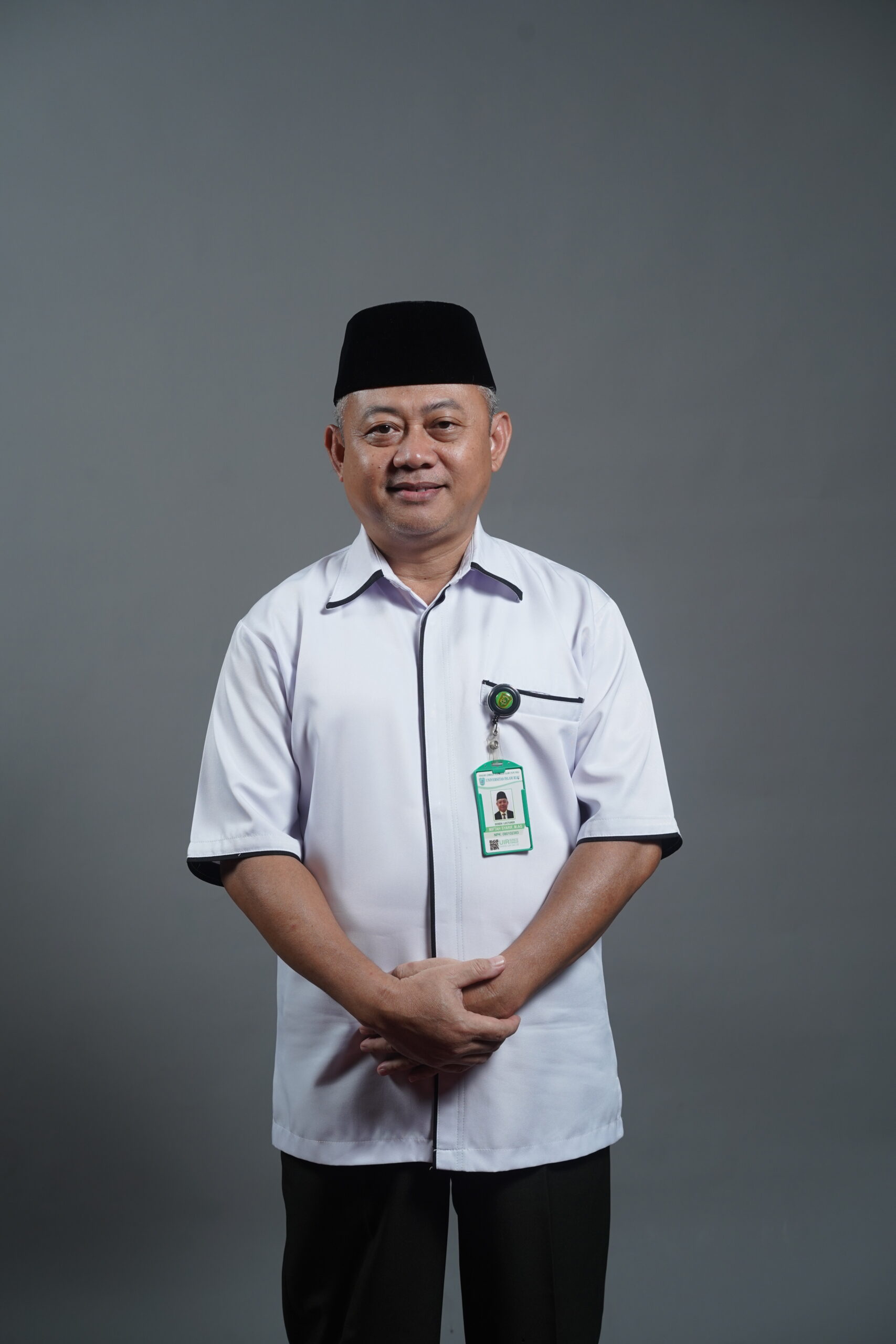Islamic Education
Islamic Studies Faculty
Universitas Islam Riau
History
The Islamic Education Study Program was established in 2000, whose operations began in the 2000/2001 academic year. It is one of the study programs at the Faculty of Islamic Religion, Universitas Islam Riau, in addition to other study programs, namely, Sharia Economics Study Program, Early Childhood Islamic Education, Sharia Banking, and Arabic Language Education. In 2013 the Islamic Religious Education Study Program was accredited with a grade of B according to the Decree of the National Accreditation Board for Higher Education (BAN-PT) number 180 / SK / BAN-PT / Ak-XVI / S / VIII / 2013. After a few years later due to good cooperation from all components in the study program and faculty, the PAI FAI UIR study program was finally able to increase its accreditation from B to A in 2019 with SK number 1647 / SK / BAN-PT / Akred / S / V / 2017. After the validity period of A accreditation expires, then together, the PAI FAI UIR Study Program again made achievements by achieving UNGGUL Accreditation based on SK 423/SK/LAMDIK/Ak/S/III/2023. The validity period is May 31, 2022 until May 30, 2027.
Study program efforts help students accelerate the completion of studies with good grades (quality), carried out several services consisting of; administrative services, career information and guidance, personal and social counseling, guidance on Qur'anic skills, Program Student Activities, and improving the function of academic advisors whose determination is by the Dean's Decree and reviewed and updated every semester. To channel student aspirations in various turmoil that occurs in society, students take part in activities in the community. Among them are student involvement in monitoring the social and educational environment through Real Work Lectures (KKN). Activities carried out include the fields of; education, da'wah, art, sports, social society and courses. In addition to KKN, field experience practice (PPL) is also carried out in schools both public and private starting from the junior high school / MTs, SMA / MA and SMK levels.

Dr. Miftah Syarif, S.Ag., M.Ag
Head
Vision
“Center of excellence for the study of Islamic Religious Education and human resource development in Southeast Asia in 2041“
Mission
Organizing actual education and teaching in the context of developing Islamic Religious Education.
Carry out research in order to explore and formulate Islamic Religious Education thoughts that are relevant to national development.
Carry out community service in order to apply the science of Islamic religious education to stakeholders / society.
Preach and implement Islamic values through education and teaching.
Scientific Objectives
Producing graduates or graduates of Islamic religious education who are able to become educators in the field of Islamic Religious Education studies at MI / SD, SLTP / MTs, SMK / MAPK, SLTA / MA who master the philosophy, methods, concepts and theories of Islamic Religious Education and have the ability as implementers of Islamic education and learning and are able to provide services, empowerment to the community, drivers of development according to the times.
Produce research in the field of Islamic Education to support the implementation of national development.
Producing service that can be utilized by the government, private sector, and community in answering problems in the field of Islamic Education.
Producing graduates who are noble, responsible and uphold Islamic values
Download File
Strategy
- Improving the quality of the learning process by applying the concept of Student Center Learning (SCL), as well as problem-based learning (PBL), up-dating teaching materials, easy access to teaching materials by students, increasing the number of textbooks, handouts, and lecture modules published by lecturers.
- Improving the quality of research results through national and international publications by conducting scientific writing training supported by faculties and universities and providing incentives for researchers who publish their articles in quality national and international journals.
- Improving the quality of research content through the development of basic research and applied research that contains the principles of usefulness, up-to-date and anticipating future needs.
- Improving the quality of PKM results oriented towards solving problems faced by the community by utilizing the expertise of the relevant academic community, the use of appropriate technology, science and technology development materials, or teaching materials or training modules for the enrichment of learning resources


